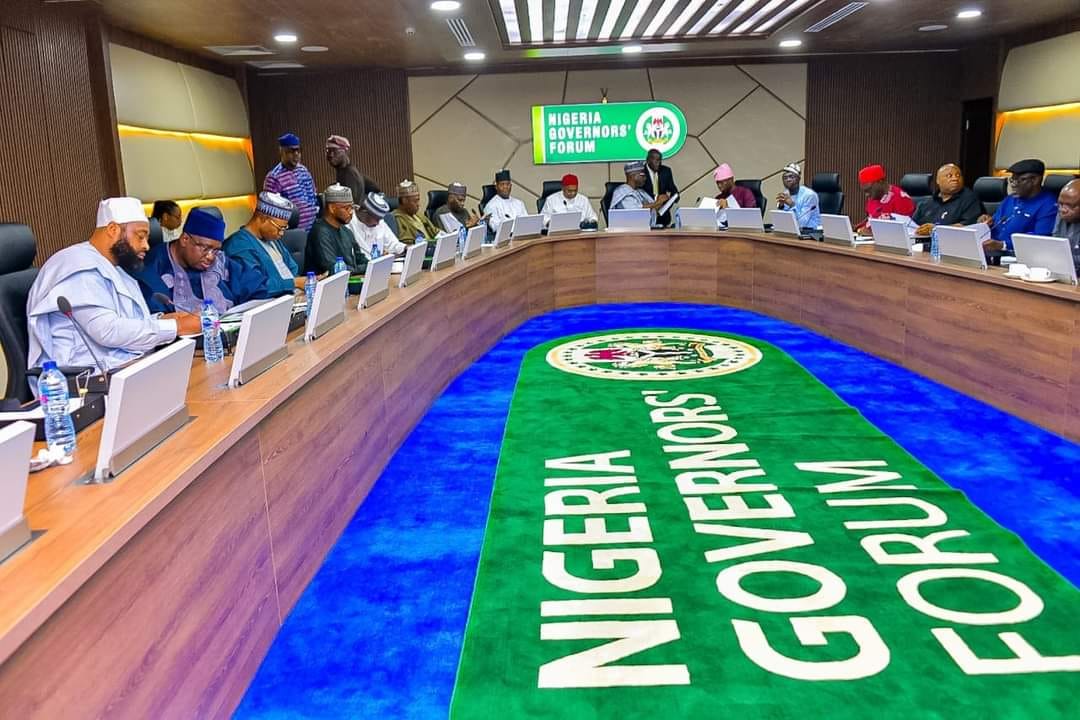Climate Change/Urbanisation: WEF Warns 5bn People at Risk of Water Shortages by 2050
Climate Change/Urbanisation: WEF Warns 5bn People at Risk of Water Shortages by 2050
Ndubuisi Francis in Abuja
A report by the World Economic Forum (WEF) and Imperial College, London, has highlighted the growing global water crisis, driven by climate change and urban expansion.
The report warned that nearly half of the world’s population, or about 3.6 billion people, currently face severe water shortages at least once a month, with the number expected to rise to over five billion by 2050.
Water stress is not just an environmental issue but a major economic threat. The WEF report forecasts that water scarcity could reduce global GDP by up to 31 per cent, equating to a staggering $70 trillion by 2050.
The report stressed that the world can no longer rely solely on “technology” but must create an “ecosystem of innovation” to transform cities into leaders in water security.
According to the report, experts pointed out that cities are at the heart of the water crisis, especially rapidly growing urban areas.
The demand for water in urban regions is projected to rise by nearly 80 per cent by 2050, as urban populations are expected to grow to nearly 70 per cent of the global population.
Many cities’ water infrastructure is outdated, and the fragmented management of resources significantly reduces their capacity to cope with water risks. Water-related disasters, including droughts, floods, and storms, have increased in frequency and intensity, with such events now five times more frequent than in 1970, accounting for 70 per cent of global natural disaster-related deaths.
The report acknowledged that while numerous water innovations, such as decentralised water treatment technology, AI-driven leak management, and smart sensors, exist, most of these solutions struggle to scale up and be implemented at the city level.
Many water innovators are stuck in what’s called the “valley of death,” where they lack adequate financial support, access to clear markets, or flexible regulatory frameworks. Cities also lack the “enabling environment” necessary to connect innovators with real-world users.
The report stressed that solutions focusing solely on installing point-based technology are no longer sufficient to address the scale of current water challenges. The future of cities depends on their ability to build a strong “Water Innovation Ecosystem” by integrating all sectors, including aquapreneurs, utilities, regulators, investors, researchers, and communities, to work together flexibly and collaboratively.
This reform will help cities shift from merely “responding” to water crises to “anticipating and adapting” before a crisis hits.
Ndubuisi Francis in Abuja A report by the World Economic Forum (WEF) and Imperial College, London, has highlighted the growing global water crisis, driven by climate change and urban expansion. The report



